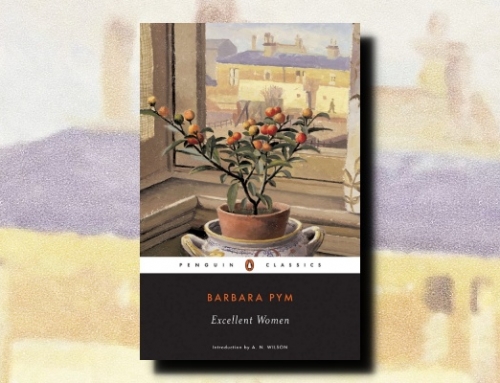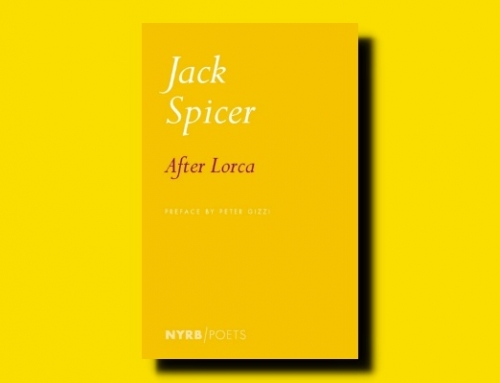More Was Lost: A Memoir
by Eleanor Perényi
NYRB Classics (2016)
Originally published in 1946
278 pp
In 1937, when she was nineteen years old, Eleanor Stone met and soon married Zsigmond Perényi, a Hungarian baron whose estate in Ruthenia was under Czech control. She moved in and began tending to the estate. Not long after, of course, the situation turned dire as World War II broke out, essentially ending the world Eleanor had just become a part of. Shortly after the War, she moved back to the United States and wrote an account of that world and its end. This book, More Was Lost: A Memoir, was just released by NYRB Classics.

When I first picked up More Was Lost I was a little wary. There are many exceptional books out there about the end of the worlds that happened due to World War I and World War II. Would this one live up to them? Surely it was unfair of me to go into the book with this mindset, and it probably did affect my estimation of the first thirty or forty pages. I found them a bit trite. I found the writing wandered around on the surface of things as Perényi expressed how she met her husband and went to live in his castle.
But then I read a magnificent passage and realized that what I was taking as trite was actually a deliberately conveyed expression of naivety. Suddenly the book became much more interesting as I became sensitive to its layers. It’s a rather beautiful passage. Let’s just slip into it:
A young couple are supposed to be lucky if they can build their own home. It may be so. For me, the theory did not work that way. My favorite idea as a child was what happened in French fairy stories. You were lost in a forest, and suddenly you came on a castle, which in some way had been left for you to wander in. Sometimes, of course, there were sleeping princes, but in one special one there were cats dressed like Louis XIV, who waited on you. Sometimes it was empty, but it always belonged to you without effort on your part. [. . .] It was all there waiting for me. This house was the result of imaginations of other people. If a chair stood in a certain corner it was because of reasons in the life of someone who had liked it that way. I would change it, of course, but what I added would only be part of a long continuity [. . .].
Perényi’s fairy story is about to turn into a nightmare; this world of continuity is about to end with her.
Before we get to all of that, though, we actually go through quite a bit of the book getting to know this world — the people, the customs, the religions — as Perényi learns how she will fit in, and oversee, this world:
I had the impression that I had done well in my first public appearance, and in fact I always took great pains with the Lord’s Day. I liked having it a part of my job.
The tone of the memoir remains somewhat naïve though the voice does change as the book proceeds to darker territory — the war, resistance, the worry of her parents, her marriage. We already know that by its end this estate will no longer exist, but, as the title suggests, that wasn’t all that was lost in the struggles. Perényi’s beautiful story ends when she is far to young. Her fairy tale recedes into the past almost as soon as she realizes she’s a part of it.








Leave a Reply